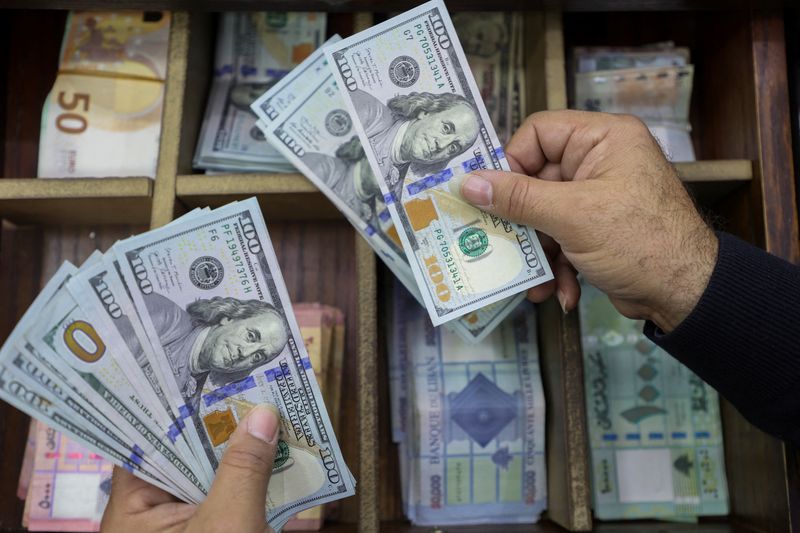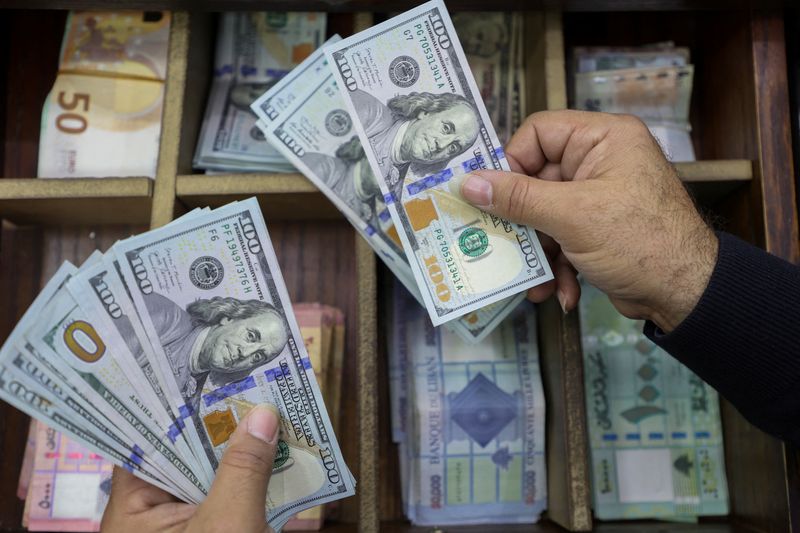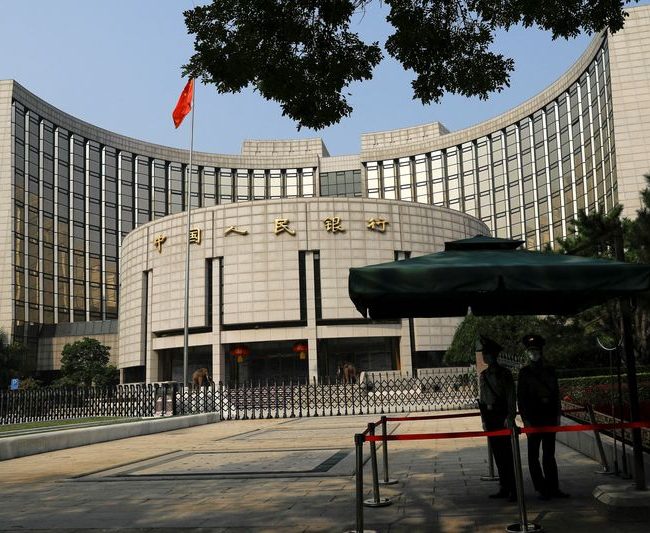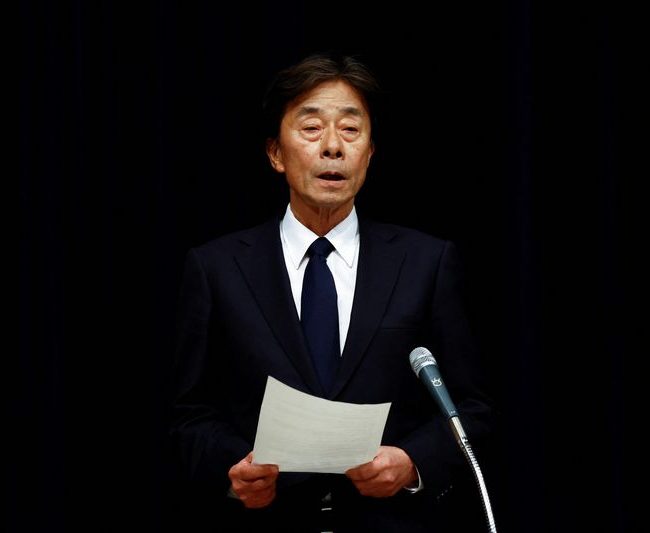
Dollar steady as markets await Trump inauguration

By Ankur Banerjee
SINGAPORE (Reuters) – The dollar was hovering near a more than two-year high at the start of a pivotal week on Monday, as Donald Trump re-enters the White House with an inauguration speech that will be of primary focus for investors hoping to decipher his immediate policies.
The Japanese yen strengthened slightly on Monday, clinging to a one-month high hit last week, as traders wager the Bank of Japan will hike its policy interest rate this week. Still, trading is likely to be thin with U.S. markets closed.
Investors are also keeping an eye on Middle East developments after Hamas released three Israeli hostages and Israel released 90 Palestinian prisoners on Sunday, the first day of a ceasefire suspending a 15-month-old war.
Cryptocurrency investors remain in party mode awaiting executive orders from Trump aimed at reducing regulatory roadblocks and promoting widespread adoption of digital assets.
Trump courted crypto campaign cash promising to be a “crypto president” and launched a digital token on Friday, which soared above $70 at one point for a market value north of $15 billion. It was last trading around $42, CoinMarketCap showed.
The spotlight is firmly on the policies Trump will enact on his first day in office. At a rally a day before, Trump said he would impose severe limits on immigration.
He vowed to repeal “every radical and foolish executive order of the Biden administration” within hours of assuming the presidency at noon ET (1700 GMT).
“The new administration indicated it is prepared to take immediate actions, and there is little reason to doubt it,” said Marc Chandler, chief market strategist at Bannockburn Global Forex in New York.
“In terms of tariffs, some countries have already signalled that they are prepared to retaliate… There is talk that Trump 2.0 will hit the ground running with as many as 100 executive orders planned on day one.”
The dollar index, which measures the U.S. currency against six peers, was at 109.28 in early trade, near the 26 month high of 110.17 touched last week.
The index has risen 4% since the U.S. election in early November as traders expect Trump’s policies to boost growth but be inflationary, requiring interest rates to stay higher for longer.
Thierry Wizman, global foreign exchange and interest rates strategist at Macquarie, said when it comes to tariffs, traders are in a “wait-and-see” mode at best and, at worst, have been largely unwilling to give disinflation in the U.S. the benefit of the doubt.
“That means that any renewed mention of tariffs … is likely to send the USD higher, as well as (bond) yields.”
Last week’s slightly cooler core inflation data, dovish comments from Federal Reserve Governor Christopher Waller and reports of tariffs being introduced gradually have led traders to price in the prospect of two interest rate cuts this year.
Markets are now pricing in 42 basis points of easing in 2025. The shifting expectations weighed last week on the dollar which clocked its first week of decline in seven.
The yen was last at 156.18 per dollar, not far from the one-month high of 154.98 touched on Friday, with sources telling Reuters the BOJ was likely to raise its policy interest rate this week barring market shocks when Trump takes office.
Governor Kazuo Ueda and his deputy said last week the central bank will debate whether to hike, signalling an intention to take borrowing costs higher at a Jan. 23-24 policy meeting unless Trump’s inaugural speech upends markets.
The euro was 0.14% higher at $1.0285 in early trade but still rooted near a two-year low touched last week, while sterling rose 0.12% to $1.21825 as traders contended with gloomy British economic outlook.


